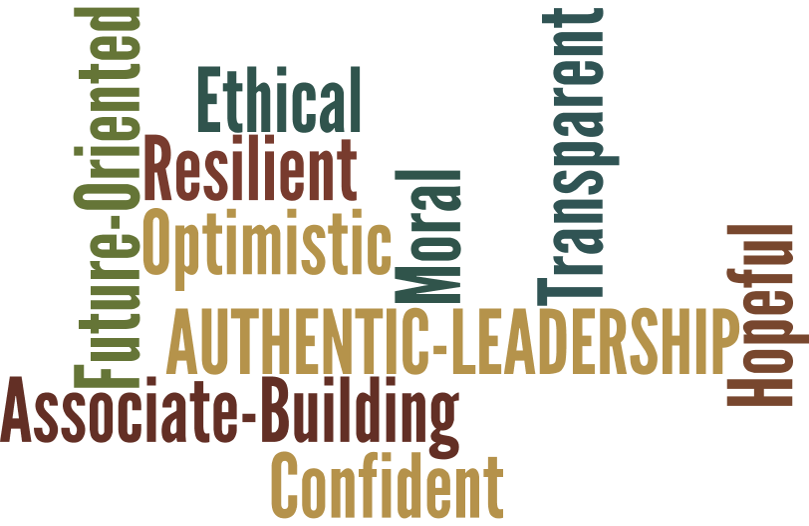In a bit of an attention-grabbing title – The Death of Supply Chain Management – some pretty well-established supply chain people got away in the Harvard Business Review with what reads pretty much as a one dimensional sales pitch for technology.
The main premise of the article is that technology and digitalisation will take over the supply chain and take peoples jobs. They talk about sensor data, digital control towers, real time data, robotics. In short, we have to be scared. They mention ‘the trend is clear: technology is replacing people in supply chain management — and doing a better job.’ They don’t provide a lot of data to back up it up, other than old news that some big miners use automated vehicles and some retailers global control towers.
The HBR article was challenged by Jan Fransoo in this great post. That’s how I came across it. To me the article is not much different than my blog about self-driving integrated planning I wrote a few years ago. I concluded that in the future, executives only had to let AI know that they were still watching, but let technology run its course. However, as I was contemplating what the future of planning could look like in a blog, the HBR approved this article from a BCG managing director and an Amazon veteran. They should have known better.
The autonomous supply chain requires new skills
Skills will need to change indeed, nobody will deny that. My daughter is 7 and recently programmed a robot in her class. I agree, the self-driving supply chain is coming. AI will be here to stay. But in an age of digitization, unlimited connectivity, big data, predictive and prescriptive analysis, self-driving cars and the self-driving enterprise, the emotional capabilities of humans will be more needed than ever.
My daughter still had to discuss and collaborate with her classmates to decide what the robot needed to do. She told me that humans are smarter than computers. Because when she programmed the robot to turn around, it just kept turning. That was a bit silly, because it only needed to turn around once. That’s what a human would do, she said. Will technology ever understand all the complex nuances of human beings?
The authors talk about automated control towers which might take predetermined actions or escalate a problem. Similar to the robot of my daughter, who decided upon those corrective actions? Who programmed them? And who is taking over when a problem gets escalated?
On top of this need for human social intelligence, there are already examples like Mercedes Benz, who due to hyper customization made plans to reduce robots on a production line and replaced it by human labor, as it was too costly to keep reprogramming the robots. Elon Musk recently admitted that ‘too much automation’ is slowing Tesla’s Model 3 production. Musk admits he want to use more humans in the factory, to speed up production.
Maybe technology is not the right answer for every productivity problem.
Leverage humans and technology
The report the future of work gives a more balanced view and acknowledges that technology is not the only answer. The report says; “this narrow view misses much of the larger opportunity regarding future work and productivity. While perhaps a useful starting point, disassembling work into a set of tasks and orchestrating capabilities (people and machines) is not necessarily the goal. The greater opportunity to enhance productivity may lie in reinventing and re-imagining work around solving business problems, providing new services, and achieving new levels of productivity and worker satisfaction and passion.”
It is indeed expected that jobs require reconfiguration to leverage uniquely human skills like empathy, social and emotional intelligence. The prediction in the report is that over 30% of high paid jobs will be social and essentially human by nature. Social soft skills and behaviours are essential to differentiate humans from Artificial Intelligence, but also to provide purpose, hope, empathy, positivity, camaraderie, amongst many other things to make great decisions, motivate and engage people, integrate with suppliers and customers, be moral, ethical and make a supply chain run smoothly, whatever scenario AI might come up with.
The winning supply chain of the future will focus on creating cultures that provide these soft elements – reimagines work and business models – and add value together with AI and technology. The shortsighted and losing supply chain will focus on AI and technology only.
Supply chain is dead…long live the emotional capable supply chain.


Niels, thanks a lot for the article post.Much thanks again. Fantastic.